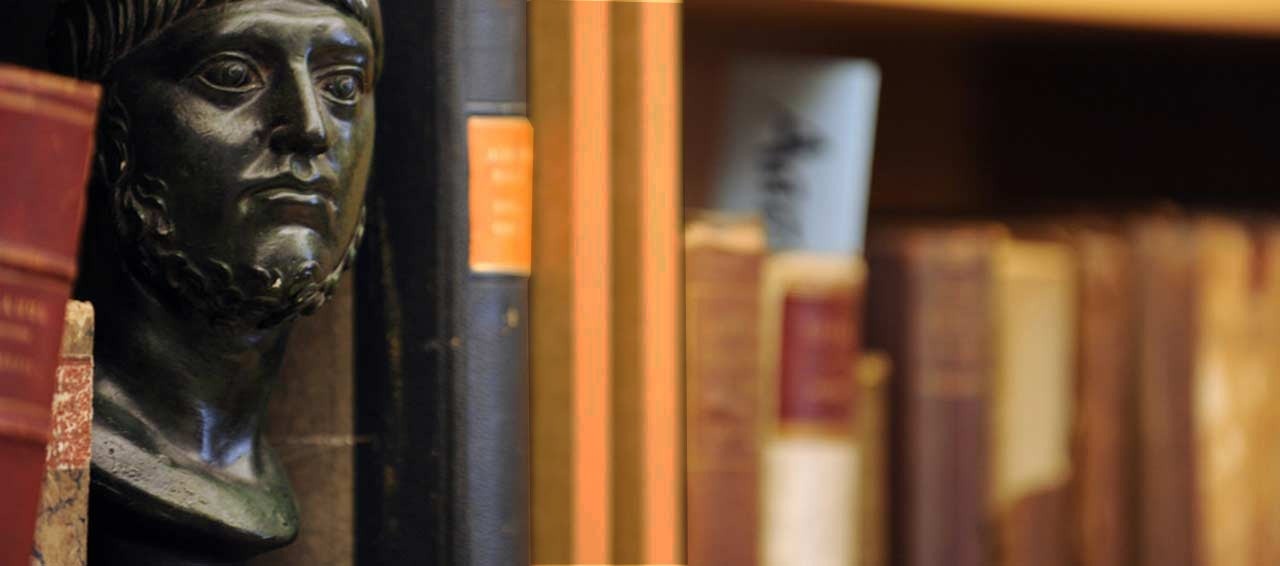51勛圖
Welcome to the Dalhousie Department of Classics
Classics is the study of the ancient Greeks and Romans: their myths, mysteries, and games, their epics, comedies, and tragedies, their languages, arts, and architectures, their religions, philosophies, and sciences. We examine how they constructed their relations to nature, literally created "history", and discovered how terrible the human is. We learn their magic, blessings, and curses, their politics and laws, their social structures, and ways of making war. We look at their sex lives, how they died, and what they used for money. Classics tells the story of the rise and fall of their empires, and of what has indelibly lasted after imperial military and political forces collapsed. We investigate how what the Greeks and Romans became depended on encounters with the peoples, cultures, philosophies, technologies of war and peace, politics and religions of Egypt and North Africa, of Judea, Lebanon,泭 and Syria, of Arabia and Persia, and of Tuscany and the Eurasian North. And Classics looks at how, out of those same meetings, new religions and philosophies evolved, giving us the literatures, arts, and politics of Greek, Latin, and Arabic Christianities, of Hebrew,泭 Greek, and Arabic Judaisms, and of Islam.
We start from the remotest origins of泭 human history, make a long stop at the "Classical" period, become what some regard as decadent, and go up to the end of the Middle Ages. We are at home in Athens and Rome, in Constantinople and Istanbul, in Carthage, Alexandria and Jerusalem, in Antioch, Damascus, and Baghdad, in Cordoba and Palermo, in Paris, Oxford, Fribourg, and Cologne, and we encamp at Hadrian's Wall, once the boundary of "civilization". Languages, chiefly Greek and Latin, are both our pleasure and our necessity, but Classics is much more than the study of languages, its study lays the foundation of self-knowledge.
Classics at Dalhousie offers the full range of electives and degree programmes: minors, majors, and honours for Bachelor degrees, the Master of Arts, and the PhD. It has specialists in philosophy and religion, in languages and literature, and in history. Students of Classics must learn Greek and Latin, if they wish to take an honours degree or go on to graduate studies in the field. While we recommend that students begin Latin or Greek in their first year, it is quite feasible to start language studies subsequently.
泭
Celebrating the work of past classicists
Dr. Robert Crouse and Dr. James Doull are regarded as two former alumni and faculty to re-found the Department and lay the basis for its outstanding success over the last 50 years. For that reason, we have portraits of them hanging in the Classics Library.
泭
